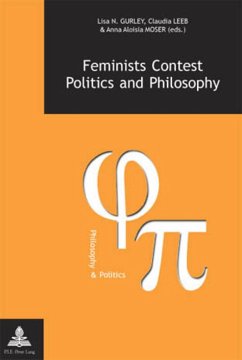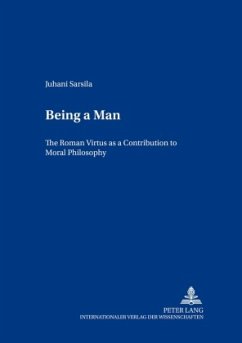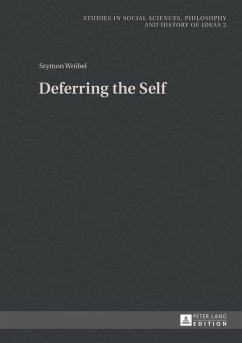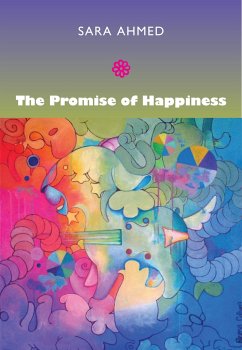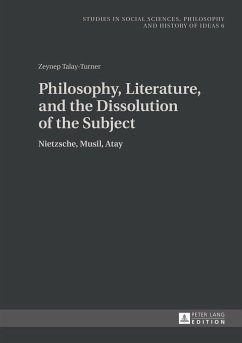
The Animals in Us - We in Animals
Versandkostenfrei!
Versandfertig in 6-10 Tagen
74,70 €
inkl. MwSt.

PAYBACK Punkte
0 °P sammeln!
In art and literature, animals appear not only as an allegoric representation but as a reference which troubles the border between humanity and animality. The aim of this book is to challenge traditional ways of confronting animality with humanity and to consider how the Darwinian turn has modified this relationship in postmodern narratives. The subject of animality in culture, ethics, philosophy, art and literature is explored and reevaluated, and a host of questions regarding the conditions of co-existence of humans and animals is asked: Should discourse ethics now include entities that init...
In art and literature, animals appear not only as an allegoric representation but as a reference which troubles the border between humanity and animality. The aim of this book is to challenge traditional ways of confronting animality with humanity and to consider how the Darwinian turn has modified this relationship in postmodern narratives. The subject of animality in culture, ethics, philosophy, art and literature is explored and reevaluated, and a host of questions regarding the conditions of co-existence of humans and animals is asked: Should discourse ethics now include entities that initially seemed mute and were excluded from discussions? Does the modern animal rights movement need a theology, and vice versa, is there a theology that needs animals? Are animals in literature just metaphors of human characters, or do they reveal something more profound, a direction of human desires, or a fantasy of transgressing humanity? This book provides answers and thus gives a new impetus to a so far largely overlooked field.







